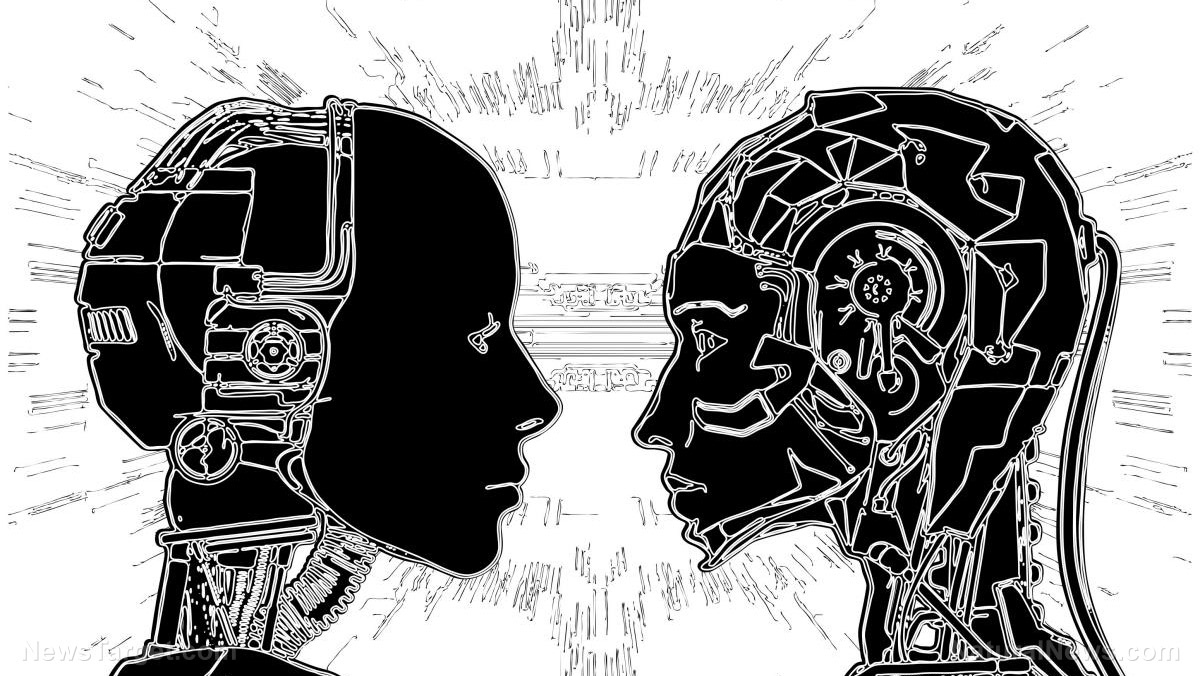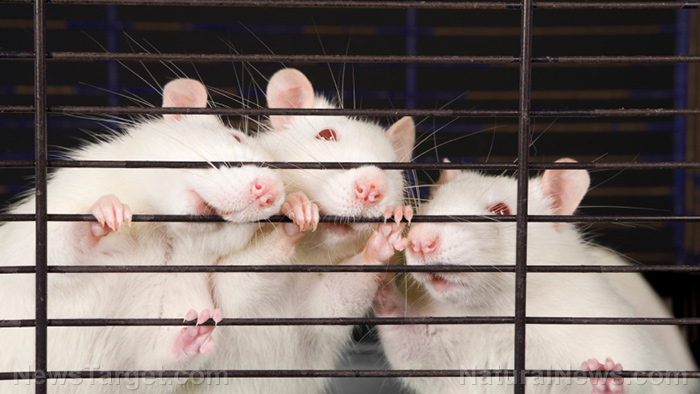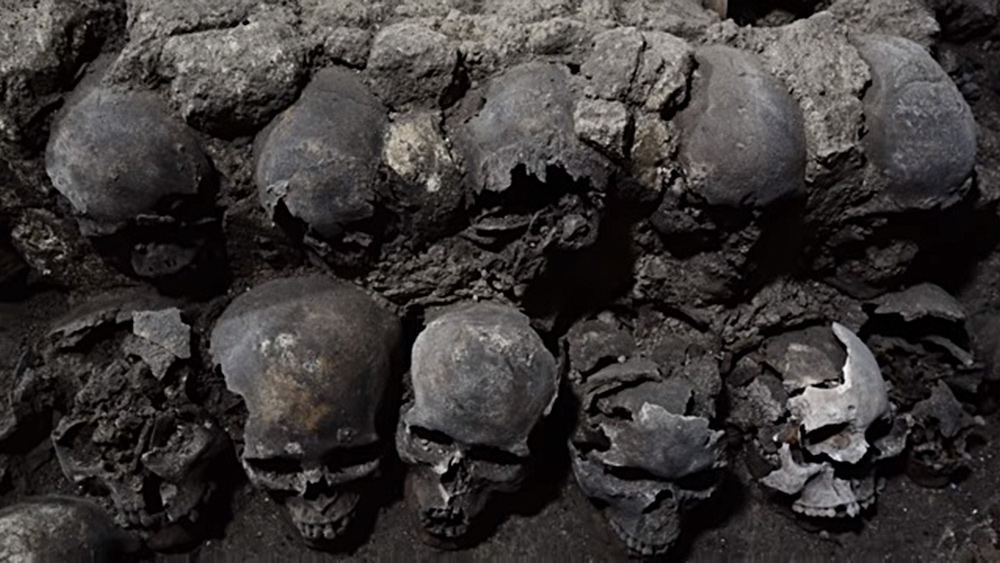Human evolution REVERSING as DNA tests show rise of disease-promoting genes over the last 500 years
08/28/2017 / By Isabelle Z.

It is often said that people of past generations didn’t succumb to many of the illnesses people die of in 2017 simply because they didn’t live long enough to experience many of those ailments. However, the DNA of the remains of ancient people has provided new insight into their genetic disease factors.
Throughout the ages, evolution has essentially weeded out many of the genetic variants that are associated with disease while propagating those that protect against certain ailments. A new study from the Georgia Institute of Technology shows that heart problems were far more common in our ancient ancestors than in modern people.
This sounds like good news on the surface, but another phenomenon is at play that tempers this positivity: the trend toward general good health that had been seen from the beginning of the time period studied has possibly reversed during the last 500 to 1,000 years.
Cardiovascular ailment risks might have fallen, but the overall genetic underpinnings of modern people are notably worse than those of their ancient forebears. Even the researchers were surprised by this finding. Georgia Tech School of Biological Sciences Assistant Professor Joe Lachance said: “But it was still perplexing to see a good many of our ancestors’ genomes looking considerably healthier than ours do. That wasn’t really expected.”
The scientists reached their conclusion following a computational comparison of the genetic disease factors found in modern humans and their predecessors throughout the millennia. They looked at the DNA records of human remains over thousands of years as well as those of Neanderthals.
They were especially interested in genetic locations, or loci, that are associated with common diseases like digestive problems, psychiatric issues, muscle disorders, dental health and heart disease. After discovering they could compare 3,180 disease loci computationally from ancient humans all the way to modern people, they checked for the genetic variants associated with the chances of those diseases or protection from them. They are hoping to gain a better understanding of human evolutionary history in order to better predict the genomic health of human populations moving forward and anticipate their medical needs.
“Our lifestyles and environments changed”
While distant evolutionary cousins of modern humans like Neanderthals and Denisovans had significantly more disease-promoting alleles than we do, the overall genetic health foundations improved dramatically as the millennia passed. Disease-promoting alleles dropped in frequency while protective alleles climbed steadily.
In the last few centuries, however, we appear to have gotten off track. Lachance commented: “Our genetic risk was on a downward trend, but in the last 500 or 1,000 years, our lifestyles and environments changed.”
Well-preserved remains like those of the “Ice Man” found in Austria help provide this important insight into past humans. The DNA of the Ice Man shows that if he had managed to escape the arrow to his back that killed him more than 5,000 years ago, he could have eventually died of a heart attack given his propensity for cardiovascular disease. His DNA also showed that he likely had allergies and suffered from lactose intolerance.
It is interesting to see the researchers theorize that our changing environment and lifestyle could be responsible for such a reversal. Although they’d like to see more studies carried out to confirm the apparent reversal, it’s hard to deny that all the toxins in modern lifestyles are adversely impacting public health.
This could also explain why ancient people looked healthier when it comes to psychiatric disorders at every time interval the researchers studied. Modern people have a much higher genetic likelihood of bipolar disorder, depression and schizophrenia. If we continue to poison our environment and our bodies with toxic chemicals, could this evolutionary reversal get even worse?
Sources include:
Tagged Under: cardiovascular disease, DNA, DNA tests, Evolution, gene pool, genes, genetic code, human evolution, Neanderthals, psychiatric disorders, scientific discoveries




















